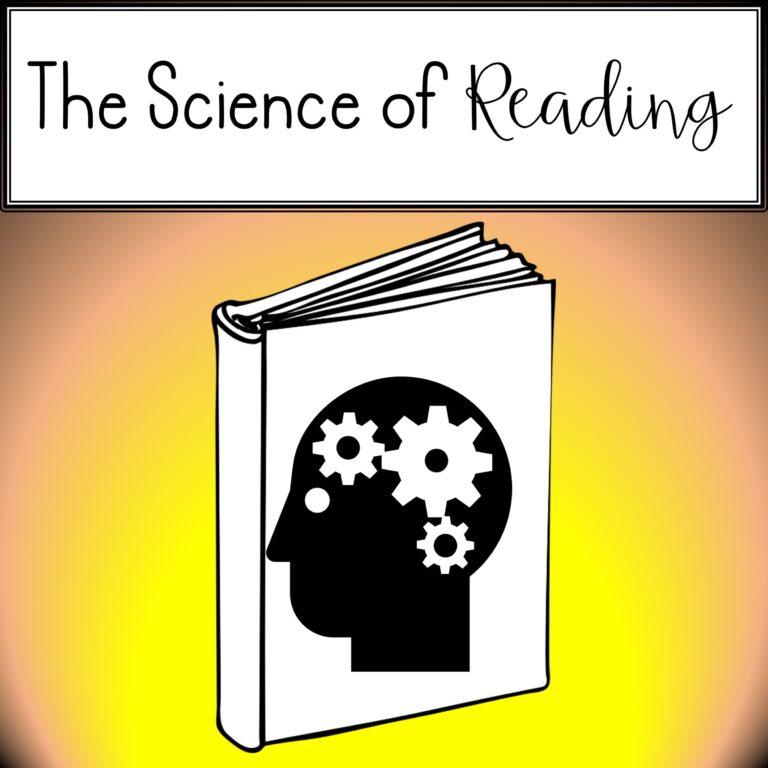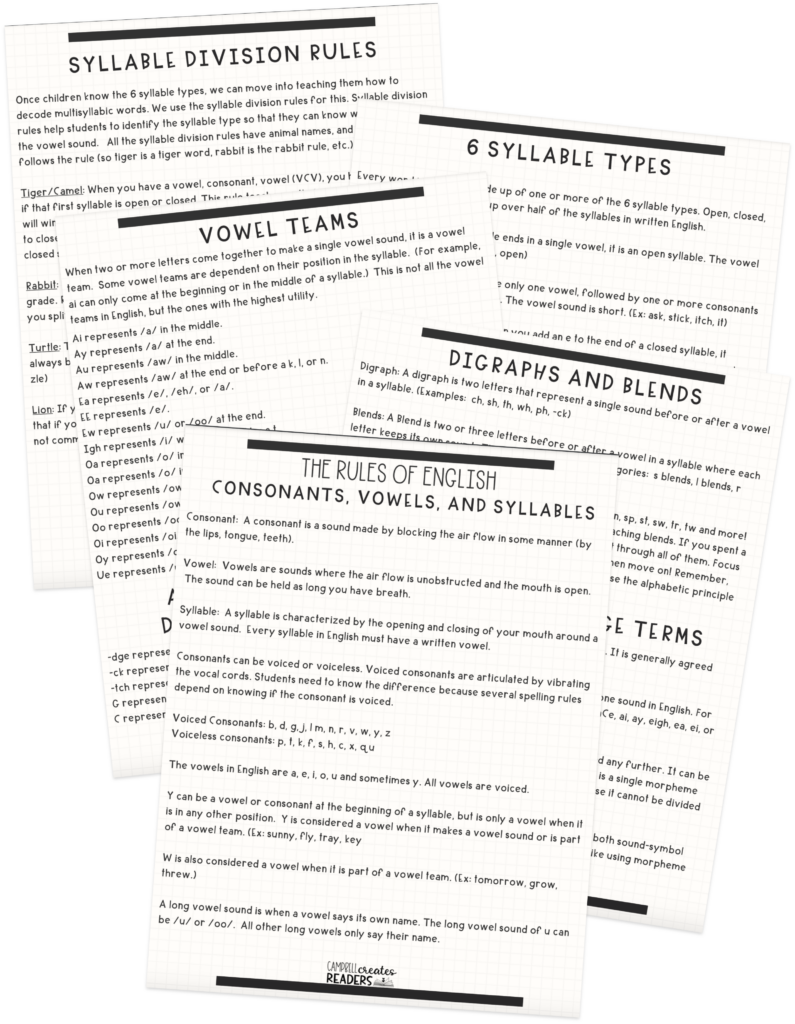
Share This:

The value of vocabulary knowledge and word consciousness cannot be underestimated. We know that once decoding is out of the way, it is how much relevant background knowledge and vocabulary a child has that will be the biggest factors in determining whether or not they understand a text (Wexler, 2019). But friends, there’s a lot of words out there to choose. When I think about the number of words children need to know and understand, I know it can feel like there’s too much. There has to be a better way, right?
There is a better way. There are several different tools teachers can use in their classroom to bolster vocabulary. But today, I don’t want to talk about ways a classroom teacher can include vocabulary instruction (another post!), I want to talk about a single way a school can include every child in the study of words. Let’s talk Wordy Wednesday.
Disclaimer: I did not come up with this idea! A teacher at my school (looking at you KH!) came up with the idea. I just helped figured out the specifics and coordinate it.
Wordy Wednesday is an activity that leads a whole school into thinking and talking about words. Basically, each week there is a question. Every teacher gets a nametag with a word. Some teacher’s words may have the answer to that week’s question, some may not. Throughout the day, children go around and see if they can find an answer to the week’s question. This is Wordy Wednesday in a nutshell, now let’s go into a lot more detail.
Here are two examples of questions that we did at my school.


In order to do this, you need a few basic supplies. First, lots and lots and lots of 2X4 labels. We use these labels as the nametags that teachers will wear. Every teacher will wear a nametag on Wednesday with their word on it. You could buy actual nametags, but those get pricy fast.
Every teacher also needs a plastic page protector to hang outside their door. Since we only wear the nametags on Wednesday, we needed a way for children to be able to see the words throughout the week. Teachers write their word on a piece of paper, and slip it into the page protector. The page protector was hung on the door with command strips.
You will need someone to coordinate it. That person will be responsible for printing off the nametags each week with the answers (you could also rotate the job). One way to lessen the burden for the coordinator is to have each grade-level come up with 3-5 questions.
When it comes to how the teachers get students to answer the questions and what, if any, prizes are given, that is left completely up to the teachers. We didn’t want to add another burden to teachers. Keep in mind this is meant to encourage word consciousness in children—it doesn’t have to be elaborate, overly-scripted, or tied to assessment in any way.
Some teachers may show the question to students, encourage them to look for answers, and that’s it. Other teachers may go around the school as a class, look at the words outside the doors, and take notes together about which ones fit. I used to have breakfast duty, and I had 5-10 kids each Wednesday come to me and ask what the question was so that they could look for answers on their way to class.
We modeled our questions off of standardized test questions and our curriculum. The first example is a classic example of questions they may see on their SOL (standardized test in Virginia).
You need to choose questions that have many different answer choices. We’ve done questions like “Find words with 2 syllables” and “Find words that have an open syllable.” A word with only one or two answers will not work, because children want to read as many words as possible from as many different teachers.
Kindergartn and first grade will most likely be unable to participate to the same extent as the other grade levels. They CAN still participate, though. Instead of having them directly answer the questions, you can have them look at the words and identify things that are appropriate for them. Perhaps you are reading the words to your children, and then clapping syllables. Maybe you are trying to identify certain letters. You could even go around, read the words to your students, and then give them simple definitions. It is never too early to start building vocabulary!
I know this seems like a lot of work, and getting the initial questions does take time. Like everything I suggest, start with baby steps. Maybe you have Wordy Wednesday every other week in your school. Maybe you don’t start until after Christmas break or the last 2 months of school. There are no hard rules for this. Keep in mind the end goal for your children: a word conscious school. The rest you get to make up.
Share This:

Savannah Campbell is a K-5 reading specialist. She has taught her entire 12-year teaching career at the school she went to as a child. She holds two master’s degrees in education from the College of William and Mary. Savannah is both Orton-Gillingham and LETRS trained. Her greatest hope in life is to allow all children to live the life they want by helping them to become literate individuals.

Savannah Campbell is a K-5 reading specialist. She has taught her entire 12-year teaching career at the school she went to as a child. She holds two master’s degrees in education from the College of William and Mary. Savannah is both Orton-Gillingham and LETRS trained. Her greatest hope in life is to allow all children to live the life they want by helping them to become literate individuals.
Feeling overwhelmed with all the terminology out there? Want to know the key terms all teachers need to teach phonics? In this FREE Rules of English cheat sheet, you get a 5 page pdf that takes you through the most important terms for understanding English—you’ll learn about digraphs, blends, syllable types, syllable divisions, and move. Grab today and take the stress out of your phonics prep!
